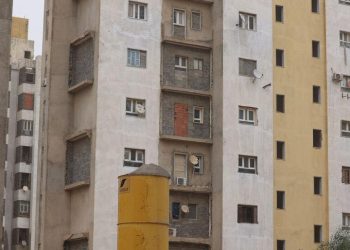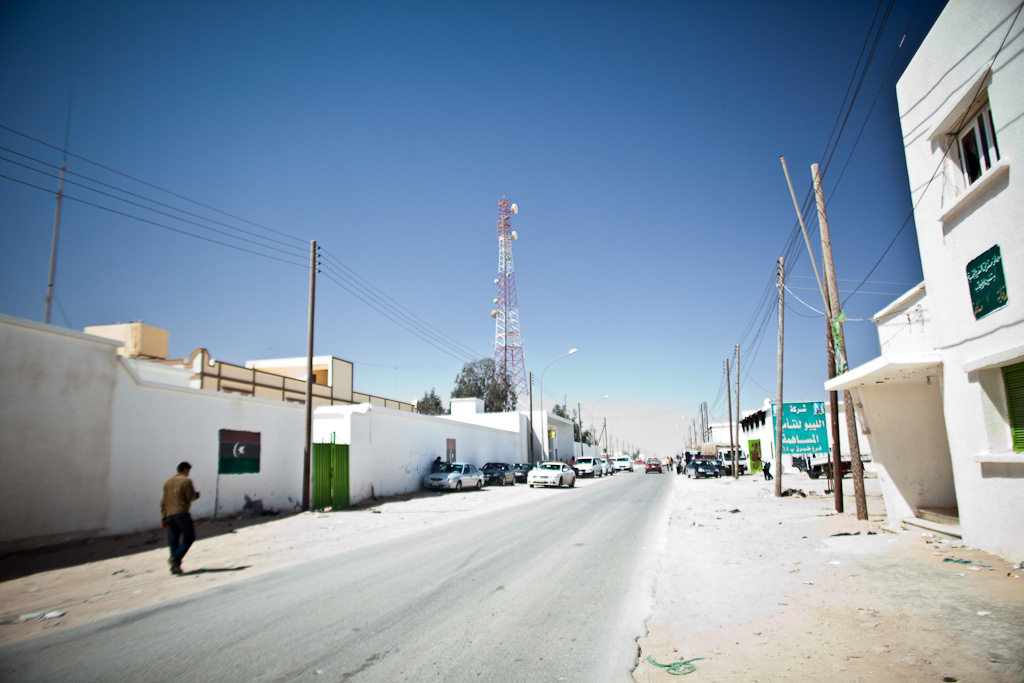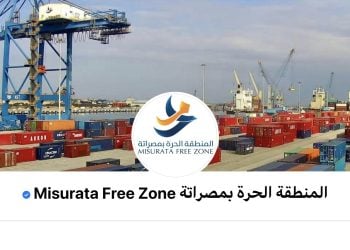By George Grant.
Zintan, 2 July:
The detained Australian lawyer Melinda Taylor was released from captivity in Zintan today, along with three other . . .[restrict]International Criminal Court representatives held in the Libyan town since 7 June.ICC President Sang-Hyun Song, who was only informed of the decision yesterday, flew into Tripoli this morning to be present in Zintan for the announcement.
“I wish to apologise for the difficulties resulting from this train of events”, Mr Sang said. “The information reported by the Libyan authorities will be fully investigated in accordance with ICC procedures following the return of the four staff members to The Hague”.
Libya’s deputy foreign minister, Mohammed Abdul Aziz, announced that a trial would also be held in Libya on 23 July, although he confirmed the accused would not themselves be present.
Ms Taylor was arrested in Zintan on 7 June, suspected of attempting to smuggle “dangerous” documents to Saif Al-Islam Qaddafi, for whom she is acting as a defence representative. Amongst the documents were said to be letters from Saif’s fugitive former right-hand man, Mohammed Ismail, with whom the Libyan government believes Ms Taylor has been in contact. Blank letters marked only with Saif’s signature were also said to have been found on the lawyer, as well as a note in which he complained of mistreatment at the hands of his captors and the absence of the rule of law in Libya.
Ms Taylor’s Lebanese interpreter, Helene Assaf, was said to have been found in possession of a “spy camera”.
Ajme Al-Ettery, the commander of the brigade that arrested the ICC team, struck a combative note when he hinted at direct complicity between Ms Taylor and Mohammed Ismail. “We were expecting there would be some entities who would like to capture or help Saif Qaddafi escape from Zintan, the militiaman said. “But it is very regrettable that this has been done through members of the ICC”.
Dressed in black robes and headscarves, both Ms Taylor and Ms Assaf appeared nervous and overwhelmed as they were led first to lunch in the midst of a throng of waiting journalists, and then to their vehicles. None of the newly-released ICC team were permitted to answer questions, with both the Libyan authorities and the ICC insisting that the substance of the allegations would be directly addressed in their respective investigations.
The events of the past three weeks have placed considerable strain on the relationship between the Libyan government and the ICC, at a time when the two are still negotiating where and by whom Saif Al-Islam should be tried.
Under UN Security Council Resolution 1970, the ICC has been mandated to investigate and prosecute Saif for crimes committed during last year’s pro-democracy uprising in Libya. The Libyan government has argued that this mandate should now be revoked and that the dictator’s son should be tried inside Libya and according to Libyan law.
The ICC has said it must be sure that Saif will receive a free and fair trial in Libya before granting its consent, and the court now appears to be moving in that direction. [/restrict]








